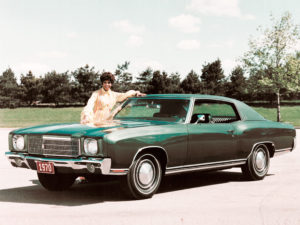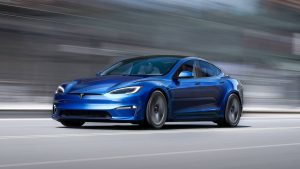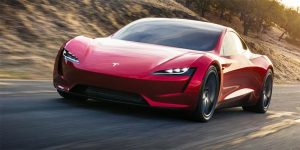The National Highway Traffic Safety Administration (NHTSA) has announced that they are establishing the a Battery Safety Initiative for Electric Vehicles. This initiative is designed to coordinate research and other activities to address safety risks relating to batteries in electric vehicles (EVs) and plug-in electric vehicles (PHEVs).
This move by the NHTSA, which has received flack for not taking the threats of Tesla’s battery and hands-free-ish driving capability seriously, has long been anticipated. However, the problem isn’t isolated to Tesla.
Not only will the research collect and analyze data related to electric vehicle battery safety, the NHTSA will examine field incidents including special investigations of electric vehicle crash and non-crash events related to battery safety. This research includes evaluations of the health of a battery including the role of prognostics, diagnostics, and intervention.
The Ford Mustang Mach-E is just one of the new RVs arriving in the U.S. market.Photo courtesy of Ford Motor Company
Battery Management System (BMS) cybersecurity will also be considered. The government agency will explore the risks and vehicle-side measures related to wired and wireless charging communications and other vehicle connectivity paths, such a telematics, that could allow for access to a vehicle’s BMS. Many electric vehicle. makers allow owners to download an app that connects to their vehicle that schedules charging, electricity flow, and other EV-specific commands.
High-voltage battery charging failure modes and effects analysis are also part of the efforts. NHTSA will evaluate the safety of extremely fast charging (350 kilowatts to 1 megawatt) and wireless vehicle charging. They will also take into account the advances in battery management systems and work to develop test regulated procedures.
Additionally, the NHTSA has charged its workers with developing Phase 1 of Global Technical Regulation (GTR) No. 20 for Electric Vehicle Safety into the Federal Motor Vehicle Safety Standards. These regulations were adopted by the United Nations World Forum in 2018 and contain requirements for in-use operational safety, post-crash electrical safety, and battery fire safety.
Once that is complete, the NHTSA will participate in the development of Phase 2 of the GTR No. 20 for Electrical Vehicle Safety. The issues being considered in the second phase include safety as it relates to battery thermal runaway, water immersion, and vibration resistance.








